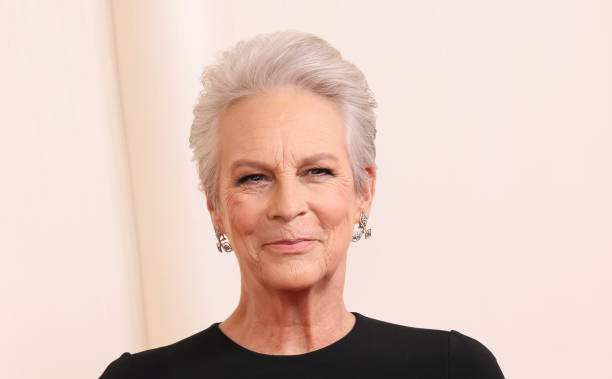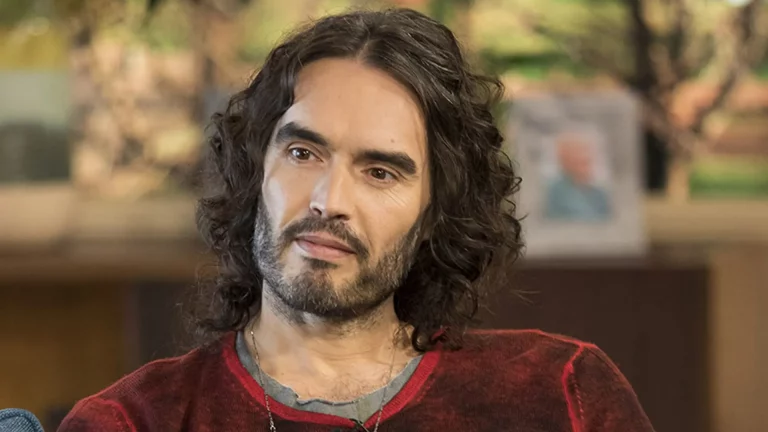
Actor and comedian Pete Davidson has shared a series of open and candid discussions about his mental health challenges, rehab, and the impact of his father’s tragic death during the 9/11 attacks which provide insight into the various coping mechanisms that individuals in the spotlight often develop.
Celebrities often face the double challenge of managing their public persona while dealing with personal struggles, leading to a higher visibility of addiction and mental health disorders among them.
Who is Pete Davidson?
Pete Davidson, born on November 16, 1993, in Staten Island, New York, is a prominent American comedian, actor, and writer. He first garnered major public attention as one of the youngest cast members of “Saturday Night Live” (SNL), joining the iconic sketch comedy show in 2014 when he was just 20 years old. Davidson’s unique brand of humour, often drawing from his personal experiences and struggles, quickly made him a standout on the show.
Apart from his work on SNL, Davidson has also made a name for himself in stand-up comedy. His comedic style is marked by its candidness and often touches on complex personal topics like his mental health and experiences with substance abuse. He has recorded several stand-up specials, with notable ones including “Pete Davidson: SMD” and “Alive from New York” on Netflix, showcasing his range and depth as a comedian.
Davidson’s public persona is also bolstered by his appearances in various films and his involvement in high-profile public relationships, which have kept him in the media spotlight. His work in the semi-autobiographical film “The King of Staten Island,” which he co-wrote and starred in, highlights his capacity to blend personal narrative with broader comedic appeal.
Pete Davidson’s battle with mental health issues and addiction
Pete Davidson has been notably open about his struggles with mental health and addiction, which has helped shape his public persona and comedy. Davidson has battled with borderline personality disorder (BPD) and Crohn’s disease, conditions he has discussed publicly to help destigmatize mental health issues.
He was diagnosed with BPD in 2017 after experiencing severe emotional swings and episodes of anger, which were initially misattributed to his marijuana use. Davidson has revealed that these health challenges began affecting him from a very young age, leading to frequent treatments and therapy sessions.
Davidson’s openness extends to his use of medical marijuana, which he has used to manage pain from Crohn’s disease, an inflammatory bowel condition. He has been candid about how marijuana has impacted his life, both positively in terms of managing physical pain and negatively affecting his mental health at times.
Pete Davidson’s journey through mental health challenges has been marked by multiple stints in rehab, where he sought help for his conditions. Davidson has spoken about the relief and clarity that came with his BPD diagnosis, highlighting how understanding his condition significantly alleviated his distress and confusion. Throughout his career, he has used his platform on shows like “Saturday Night Live” to advocate for mental health awareness, urging others to seek help and not to feel ashamed of their struggles.
Through his candid discussions and humour, Davidson has touched on critical issues affecting many individuals, making significant strides toward normalising conversations around mental health and addiction.
Impact of fame on Pete Davidson’s health
Davidson has been candid about the pressures of living in the public eye, discussing how the constant attention has triggered severe mental health episodes. He has openly addressed his struggles in various settings, including interviews and directly on SNL, where he’s used his platform to advocate for mental health awareness and treatment. His openness about these issues has been a recurring theme in his public appearances and comedy, often using humor as a tool to cope with and shed light on his challenges.
Additionally, his mental health has been further strained by online harassment and the pressures of high-profile relationships, which have at times led to him seeking trauma therapy. Davidson’s struggles highlight the double-edged sword of fame—while it brings professional opportunities and visibility, it also comes with relentless scrutiny and personal challenges that can exacerbate underlying health issues.
Recovery and advocacy
Davidson has openly discussed his struggle with borderline personality disorder (BPD) and post-traumatic stress disorder (PTSD), diagnoses that he received after years of battling intense emotions and depression. Pete Davidson’s treatment has included multiple stints in rehab facilities where he has sought help to manage these conditions.
Davidson has been candid about the challenges he faced before his diagnosis, describing how understanding his condition brought him significant relief and changed his approach to dealing with his mental health. This revelation was pivotal not only for his personal recovery but also played a major role in his decision to use his platform to advocate for mental health awareness.
Through his public appearances and candid discussions about his experiences, Davidson has become a prominent voice in the mental health community. His openness and humour have made him relatable to fans and young people, allowing him to effectively promote understanding and support for mental health issues.
Broader impact
Celebrity disclosures about mental health can play a significant role in destigmatising such issues, as public figures like Pete Davidson openly discussing their struggles can foster greater public acceptance and reduce stigma. Celebrities influence societal attitudes towards health and addiction both by raising awareness and modelling behaviours that normalise discussions about mental health. Such disclosures, especially when embedded in anti-stigma campaigns, have shown to be effective in changing public perceptions. Celebrities’ stories can educate the public on mental health, challenging stereotypes and promoting help-seeking behaviours, thereby impacting how society views and reacts to mental health and addiction issues.
Mental health issues do not discriminate, touching lives irrespective of one’s public stature or personal success. Celebrities like Patrick J. Kennedy, Lady Gaga, and Dwayne Johnson have bravely shared their personal battles, creating a broader understanding and reducing stigma associated with these conditions.
By sharing their struggles and recovery journeys, these public figures underscore the value of vulnerability and resilience, demonstrating that recovery is achievable with the right support.





